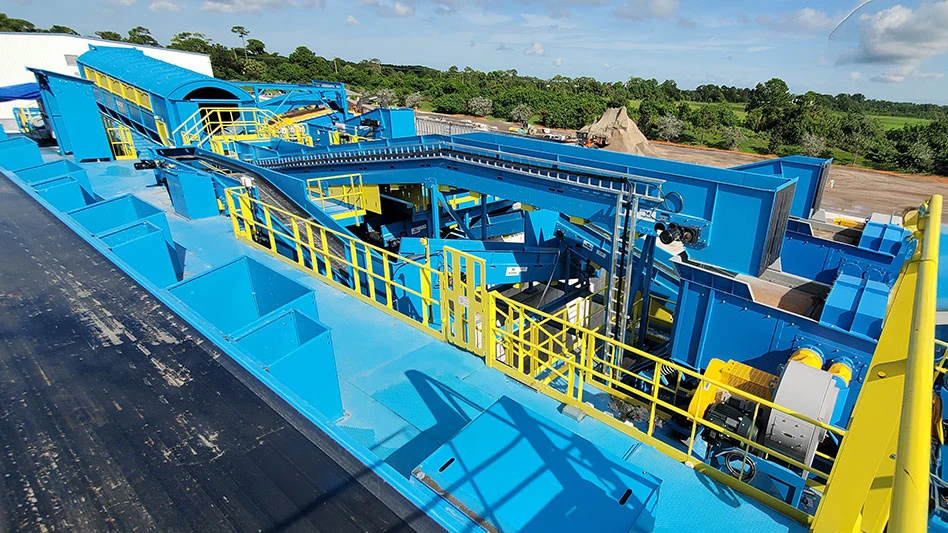The American Progressive Bag Alliance (APBA), Washington, claims it has obtained more than 800,000 signatures from California voters that will allow opponents of SB 270 to introduce a referendum on the 2016 ballot.
To introduce a referendum, 500,000 signatures from California voters are required.
In a statement, Lee Califf, APBA executive director, says, “The APBA has collected more than 800,000 signatures from California voters and will be submitting the final petitions to county registrars prior to the Dec. 29th deadline. We are confident the Secretary of State’s office will verify the required 504,760 signatures to qualify the referendum for the November 2016 ballot.”
Califf continues, “SB 270 was never a bill about the environment. It was a back-room deal between the grocers and union bosses to scam California consumers out of billions of dollars in bag fees without providing any public benefit.
“We are pleased to have reached this important milestone in the effort to repeal a terrible piece of job-killing legislation and look forward to giving California voters a chance to make their voice heard at the ballot box in 2016,” he adds.
Also joining in the call to repeal the legislation is the American Forest & Paper Association (AF&PA), Washington, an association that supports the U.S. forest products and paper industry.
While the main focus of the bill has been the ban on single-use plastic bags, the AF&PA points out that SB 270 also imposes a 10 cent minimum tax on paper bags and requires what the AF&PA says are “onerous postconsumer recycled content criteria on paper bags.”
In a statement, AF&PA Group Vice President Cathy Foley says, “We oppose fees and bans on paper packaging and were disappointed that Gov. Brown signed SB 270 into law. Paper bags are made from a renewable resource, are 100 percent recyclable and have a high recovery rate compared to bags made from competing materials. Taxing them implies that they are part of the environmental problem.
“Paper bags are a sustainable packaging option for consumers and we support Californians’ right to make the final decision on SB 270,” she continues.
Brown signed SB 270, authored by Sen. Alex Padilla (D), into law Sept. 30, 2014, saying, “This bill is a step in the right direction—it reduces the torrent of plastic polluting our beaches, parks and even the vast ocean itself. We’re the first to ban these bags, and we won’t be the last.”
The legislation prohibits grocery stores and pharmacies from distributing single-use plastic bags after July 2015 and enacts the same ban for convenience stores and liquor stores the following year. It will also provide up to $2 million in competitive loans—administered by CalRecycle—to businesses transitioning to the manufacture of reusable bags.
Latest from Recycling Today
- Greenwave raises revenue but loses money in Q2 2025
- Recycled steel prices hold steady
- EY says India’s need for scrap imports will continue
- Coming full circle
- Amcor, DCM introduce fertilizer packaging with 35 percent recycled content
- Comstock Metals gets closer to commissioning commercial-scale solar panel recycling facility
- Washington selects Circular Action Alliance as PRO
- Smurfit Westrock expands in Latin America





